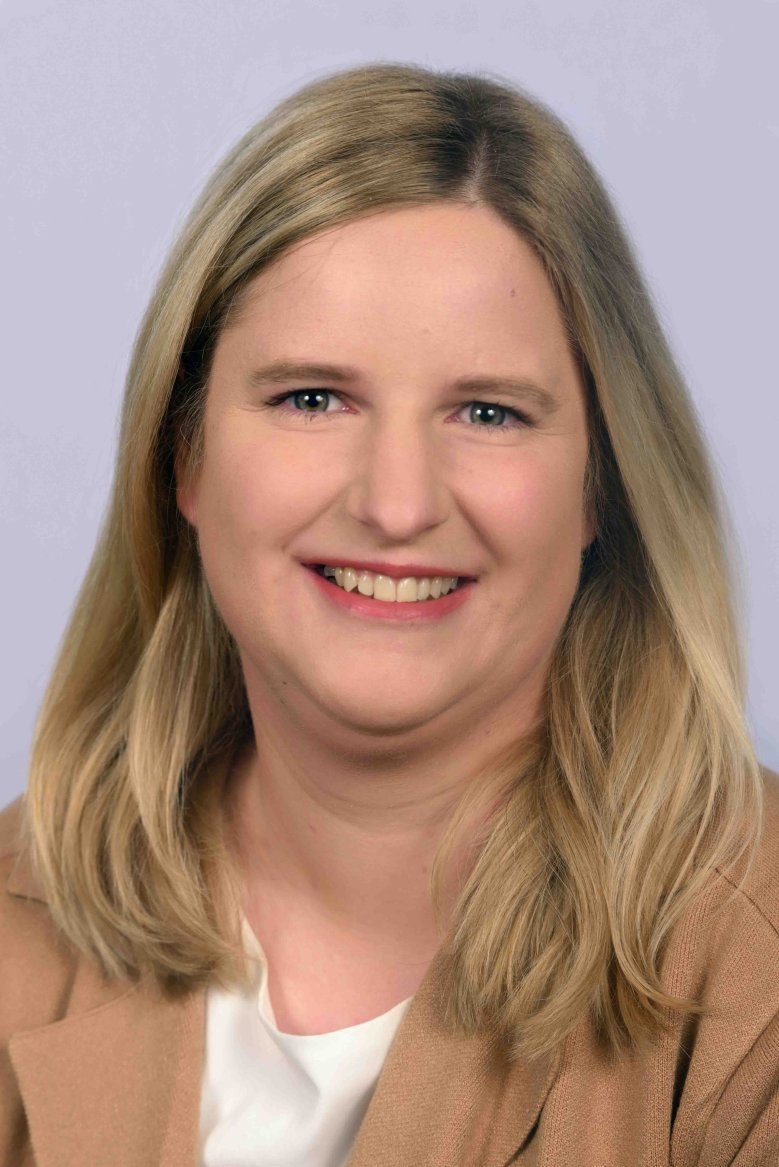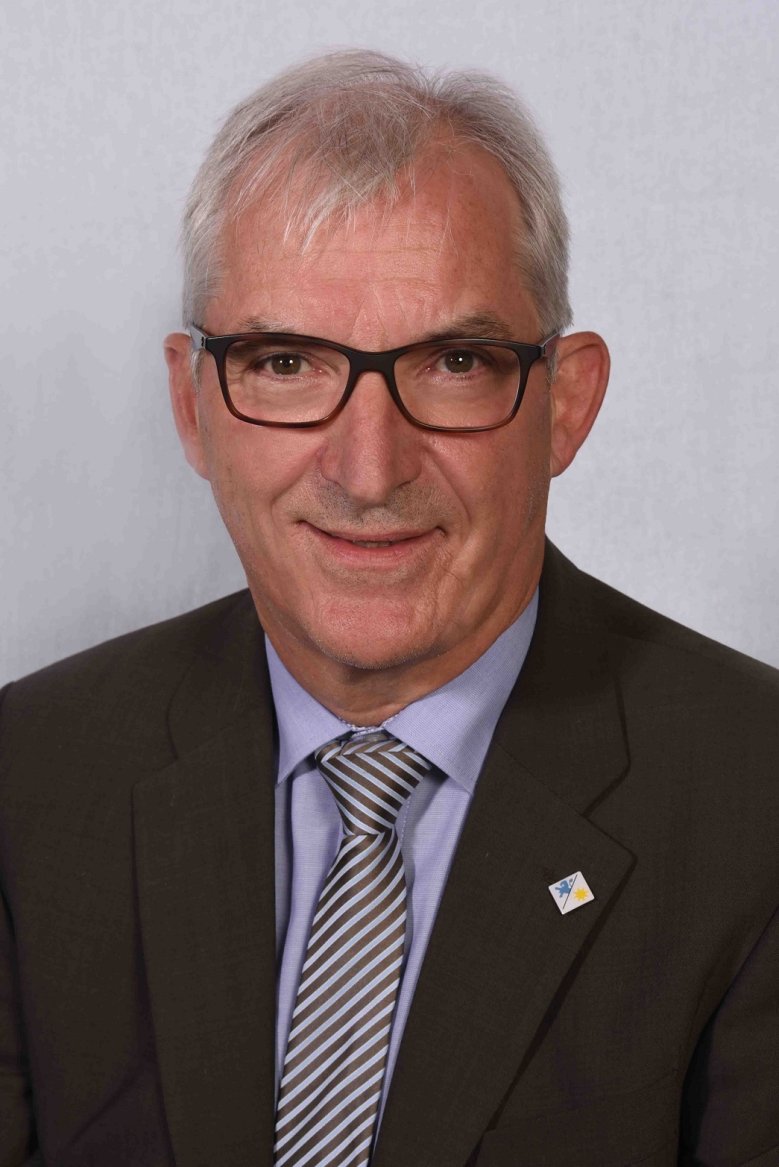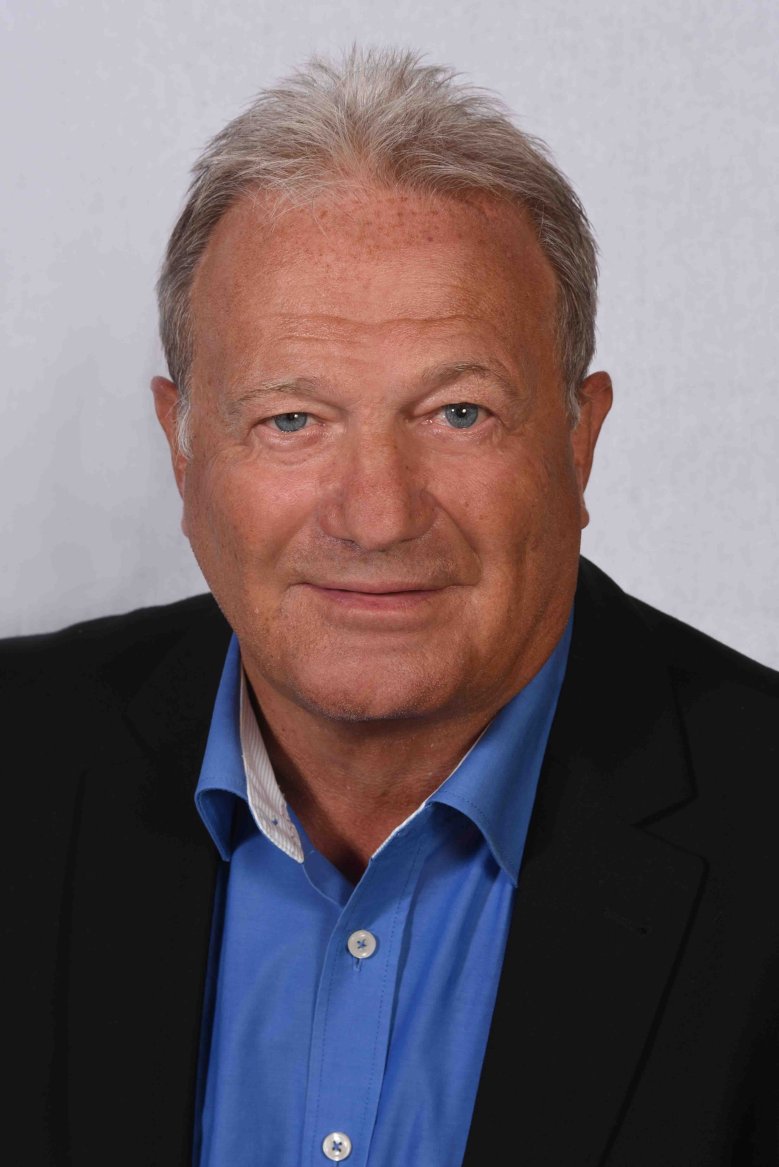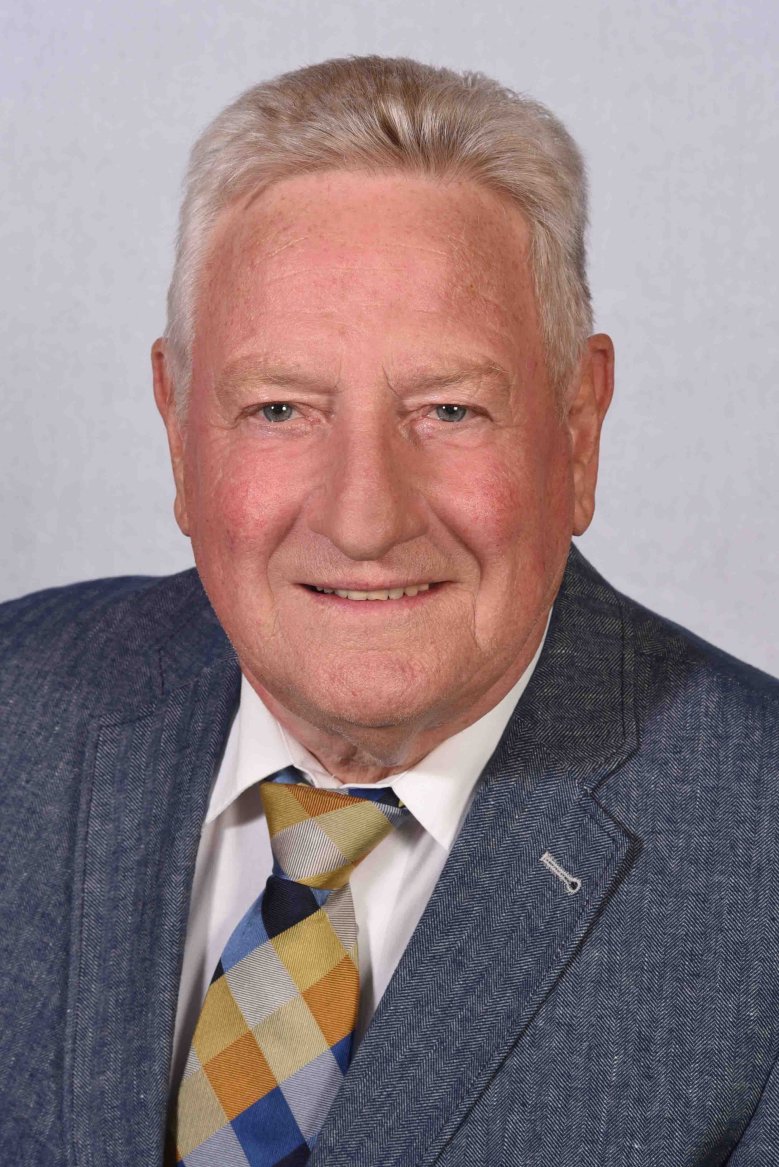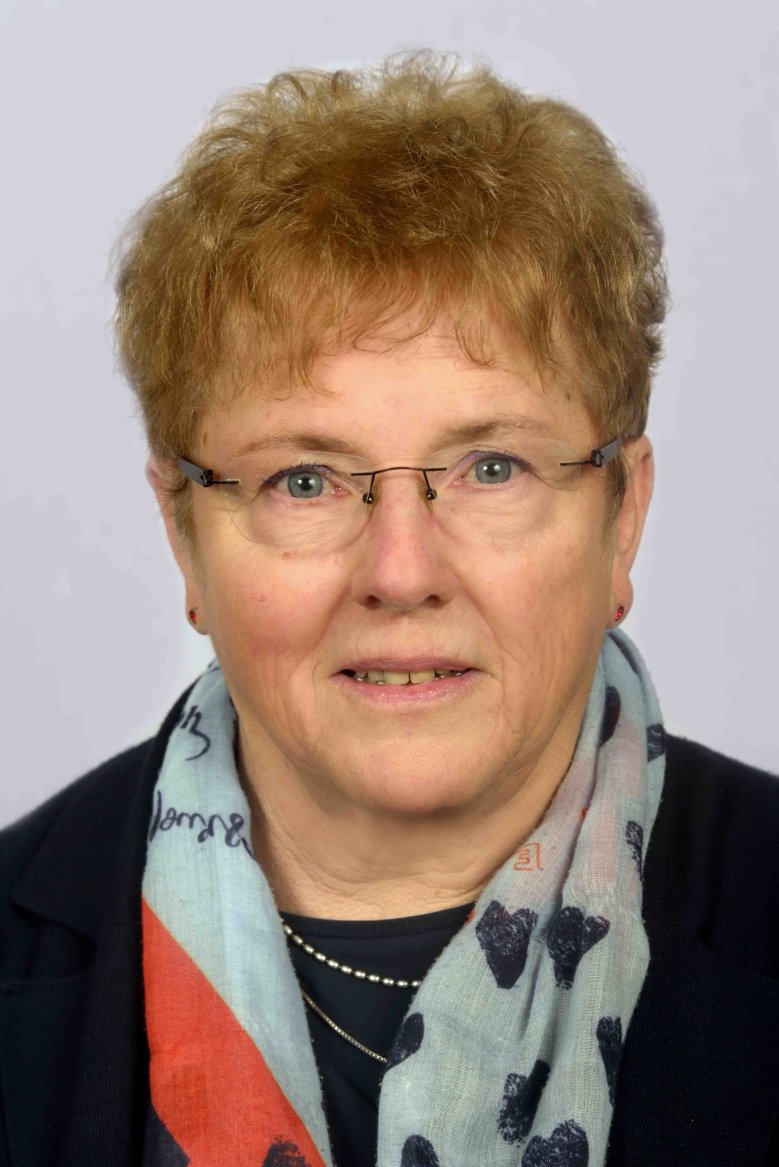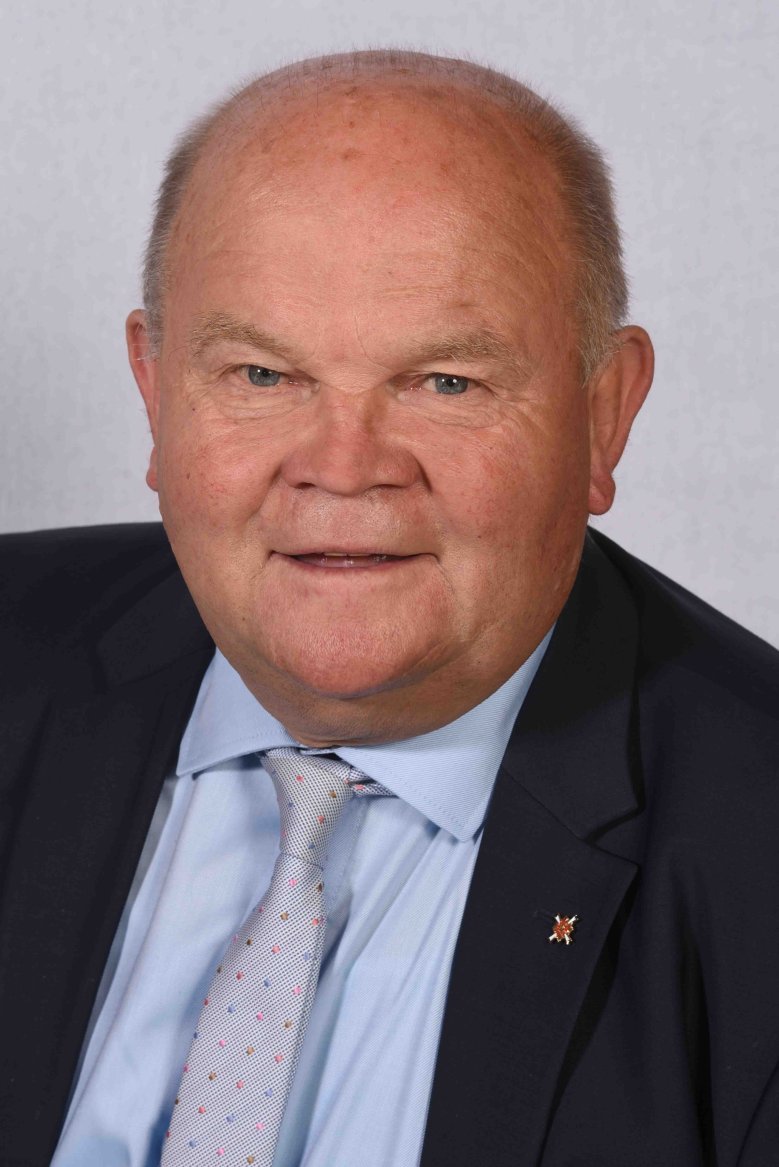District Committee
District Committee
While the district council, as the highest body of the district directly elected by the inhabitants, has to make the important fundamental decisions, the district committee is responsible for organising the day-to-day administration. The district committee is the heart of the administration. It is here that all important issues are discussed and decided upon - insofar as they are not reserved for the district council or the district administrator. The individual specialised services, own enterprises and organisations work in the name of and on behalf of the district committee.
The district committee is involved in the management of the district (management body), participates in the implementation of administrative business (administrative body) and helps to reduce the clashes of interests existing between the different parts of the district (balancing body). The complicated nature of the legislation and the confidential nature of the deliberations require a body that is as free as possible from party-political influences to carry out expert deliberations and make decisions. This function can only be fulfilled by a small circle of personalities who meet several times a month, who are able to think in contexts and recognise overriding political points of view. All these prerequisites can be found in the district committee.
Composition and education
In the district of Waldeck-Frankenberg, the district committee consists of the district administrator, the first district councillor and 10 honorary district councillors. All members have equal rights in the deliberations and votes within this body. The district administrator is the chairman of the district committee. In the event of a tie, he or she has the casting vote. The number of district councillors has been laid down in the district's main statutes. It also determines which posts are to be administered on a full-time basis and which posts are to be administered on an honorary basis.
Apart from the district administrator, the members of the district committee are elected by the district assembly: A full-time First District Councillor for a period of 6 years and the honorary District Councillors for the duration of the election period, i.e. for five years. Since the honorary district councillors are elected according to the principles of proportional representation, the political composition of the district committee is roughly comparable to that of the district council. In this respect, the district committee is a smaller mirror image of the district council.Tasks
Within the scope of its administrative activities, the district committee is responsible, among other things, for the day-to-day administration of the district in accordance with the resolutions of the Keistag within the limits of the funds made available, for implementing laws, ordinances and directives of the supervisory authorities and for preparing and implementing the resolutions of the district council. Its other duties include administering the public institutions, the commercial enterprises and other district assets, drawing up the budget and the investment programme and supervising the cash and accounting system, as well as representing the district, conducting correspondence and executing the district deeds.
The District Committee makes its decisions in meetings that are not open to the public. The abundance of tasks to be decided upon makes it necessary for the district committee to meet every week for a meeting that lasts several hours. Its decisions are based on documents prepared by the responsible offices. Current administrative matters are dealt with independently by the district administrator and the department heads, unless the district committee as a whole is called upon to make a decision due to the fundamental importance of the matter or due to legal regulations.
Members of the County Committee
Commissions
The district may form commissions for the permanent administration, supervision of individual business areas or for the completion of temporary assignments.
Advisory boards
Advisory boards serve to provide professional support to the administration. They are made up of volunteers and perform valuable work in their respective fields.




